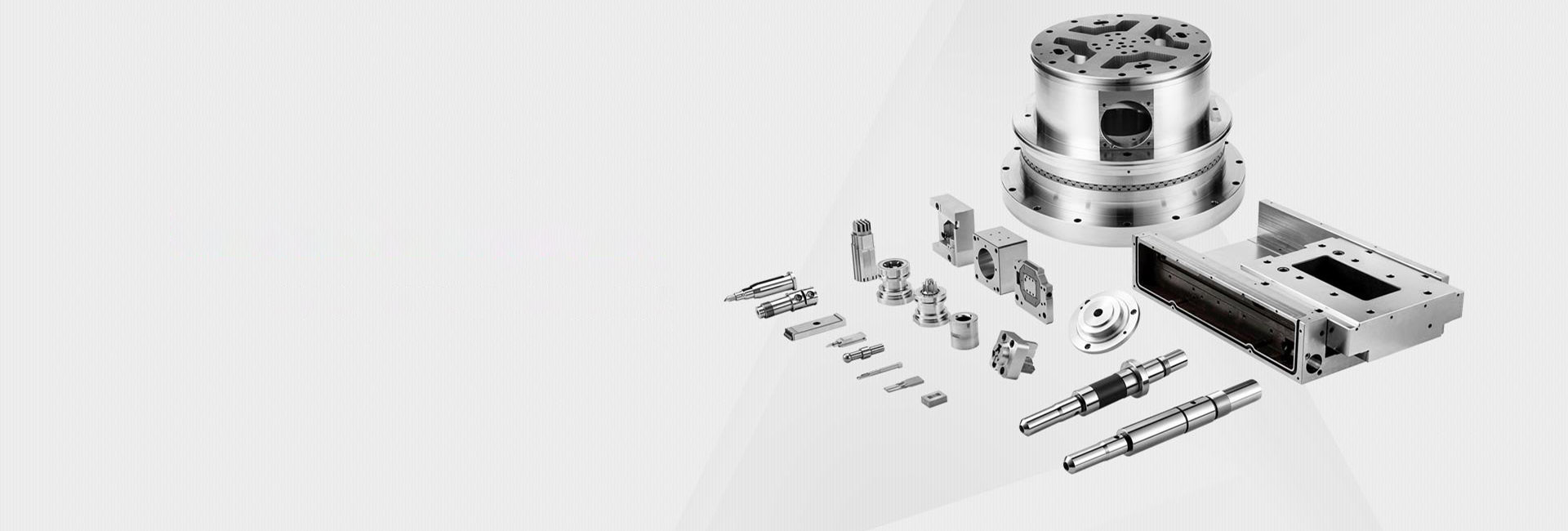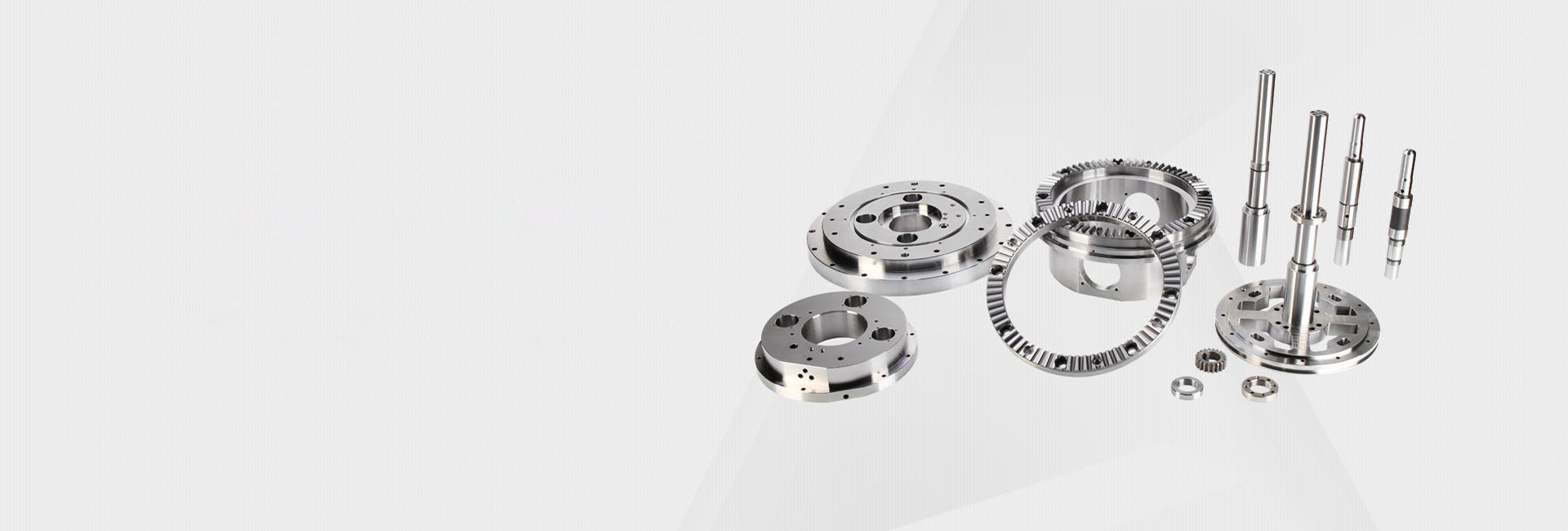Your Guide to Precision Hardware CNC Machining Customization Services
Ever feel like every off-the-shelf hardware component is *almost* right, but not quite? 🤔 You're not alone. For procurement managers and engineers, finding a part that fits your exact blueprint—not a close approximation—can feel like searching for a needle in a haystack. This is where the magic of precision hardware CNC machining customization comes into play. But how do you even start, and what should you look for in a service provider? Let's break it down.
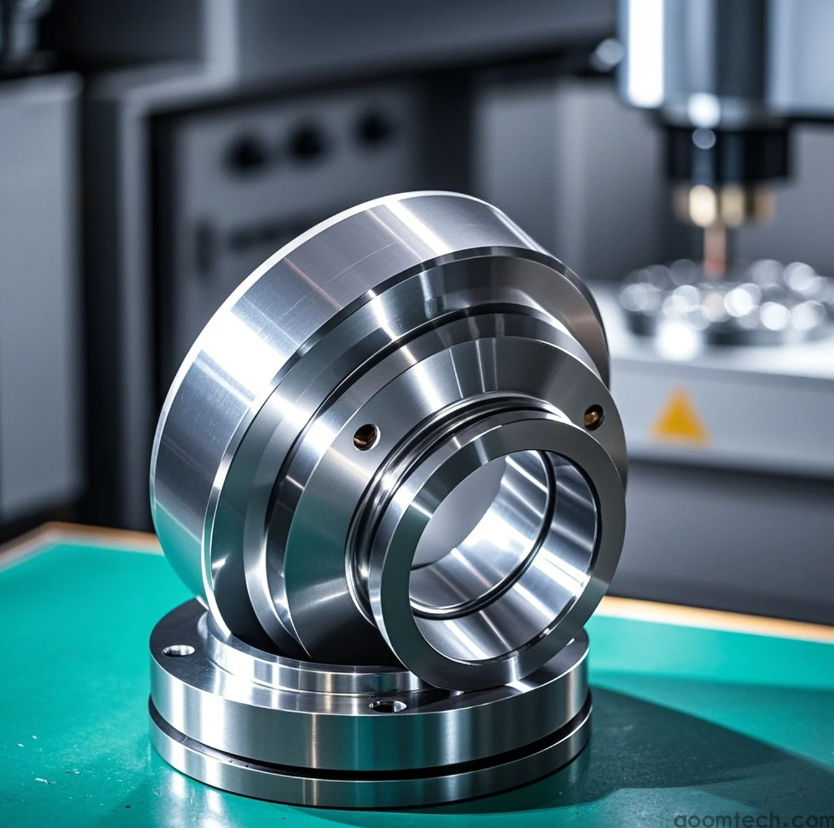
What Exactly is Precision Hardware CNC Machining Customization?
Simply put, it's a manufacturing process where computer-controlled machines remove material from a solid block (like metal or plastic) to create a part that matches your exact specifications. Think of it as a digital sculptor that carves out your unique design with incredible accuracy. The "customization" part means everything—the dimensions, the tolerances (how much a measurement can vary), the material, the finish—is tailored to your project's needs. While this offers unparalleled flexibility, it's worth noting that the initial setup and programming can be more involved than standard options.
Why Should You Consider a Custom CNC Service?
Going custom might sound like a big step, but the benefits often outweigh the initial effort.
✔ Perfect Fit, Every Time: No more compromising your design. The part is made for your application, period.
✔ Stronger and More Reliable: CNC-machined parts are typically carved from a single piece of material, which can make them stronger than parts assembled from multiple pieces.
✔ Wide Range of Materials: Whether you need aluminum, stainless steel, brass, or various engineering plastics, a good custom service can handle it.
That being said, the key is finding a partner who understands your vision. A great service doesn't just follow instructions; they might suggest a slight design tweak that makes the part easier to manufacture and more cost-effective for you.
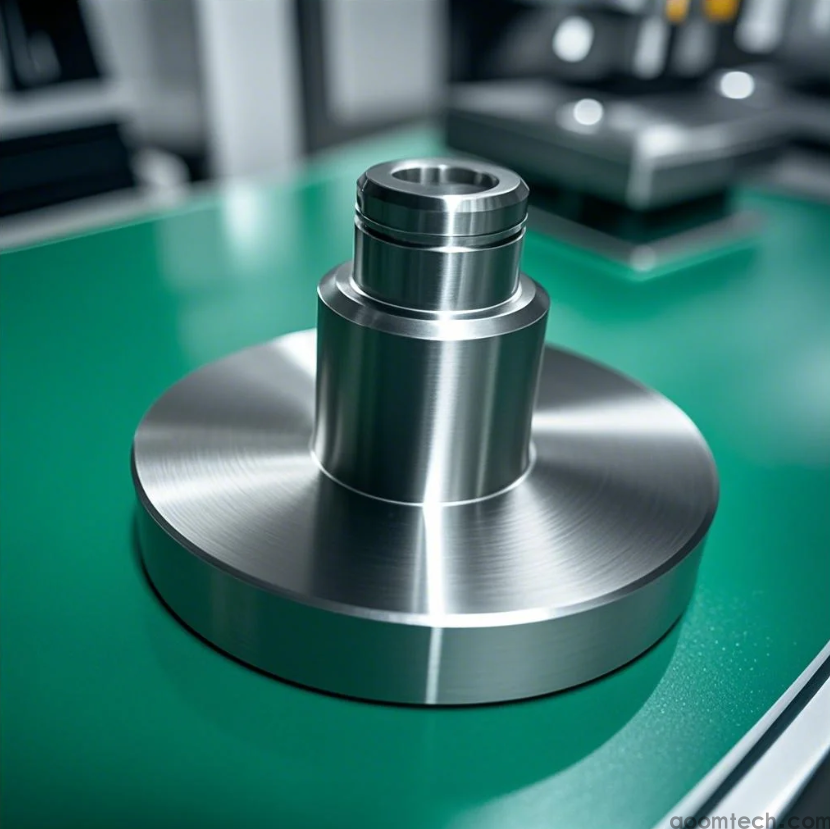
What Are the Key Steps in the Custom CNC Process?
Understanding the process helps you communicate better with your supplier. It usually goes like this:
1. You Share Your Design: This is usually a 3D CAD file or a detailed drawing.
2. They Review for Manufacturability: A good factory will check if your design can be made efficiently and might suggest improvements.
3. Programming & Setup: Technicians create the program that guides the CNC machine.
4. Machining & Quality Checks: The part is made and inspected at various stages.
5. Delivery: The finished, custom parts are shipped to you.
I often see clients who focus only on the final price. But in my experience, a supplier who is proactive during the design review stage can save you a lot of money and headaches down the line.
How to Choose the Right Custom Machining Partner?
This is the million-dollar question. Here’s what I usually look for:
✅ Look at Their Past Work: Do they have experience with parts similar to yours? Ask for case studies or photos.
✅ Ask About Their Equipment: Modern, well-maintained machines are crucial for consistent quality control.
✅ Communication is Key: Are they responsive? Do they ask smart questions? You're entering a partnership, not just placing an order.
✅ Get a Detailed Quote: The quote should break down costs and lead times clearly, with no hidden surprises.
Sometimes, the cheapest option ends up being the most expensive if the quality isn't there. A slightly higher price from a communicative and reliable partner is often a better investment for your project's success.
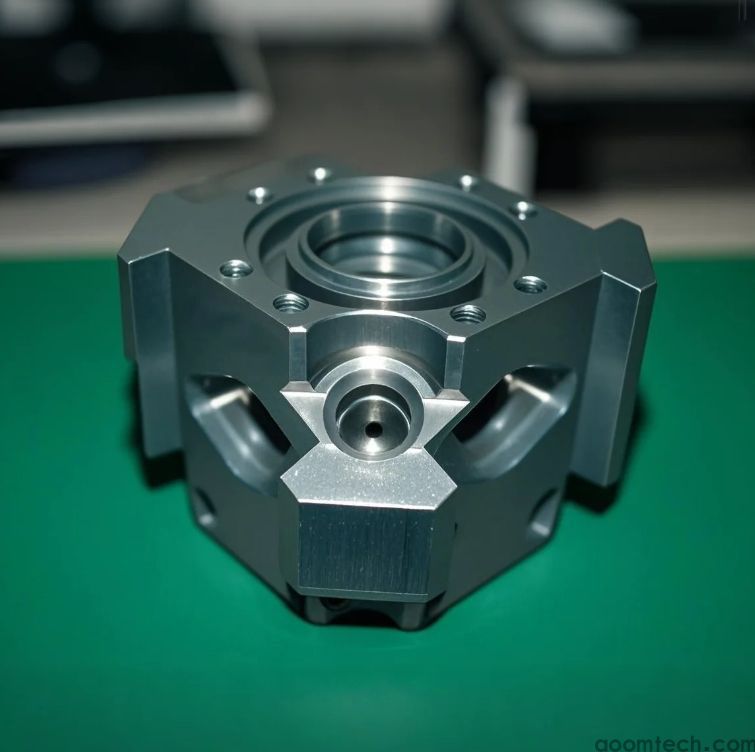
Ready to Get Your Custom Precision Parts?
Navigating the world of custom CNC machining can seem complex, but it doesn't have to be a solo mission. The right manufacturing partner acts as an extension of your team, turning your precise requirements into tangible, high-quality components.
If you have a specific project in mind and are looking for a service that prioritizes clear communication, rigorous quality checks, and on-time delivery, why not start a conversation? Reach out to our team online today for a personalized consultation and quote. Let's make your design a reality. 🚀
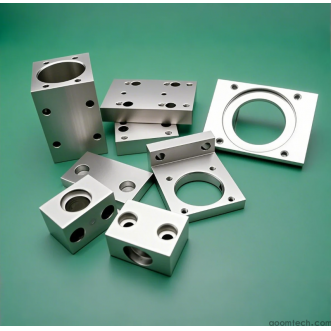 How is the price calculated fo
How is the price calculated fo
 How Does a High-Precision CNC
How Does a High-Precision CNC
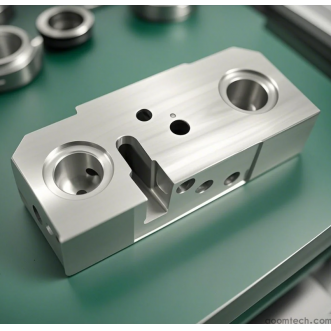 What Factors Affect CNC Machin
What Factors Affect CNC Machin
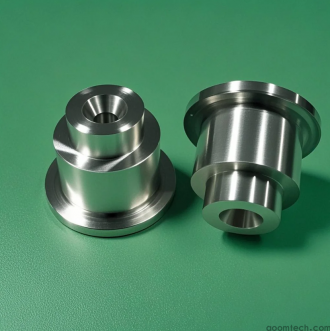 How to Choose a Supplier for C
How to Choose a Supplier for C

